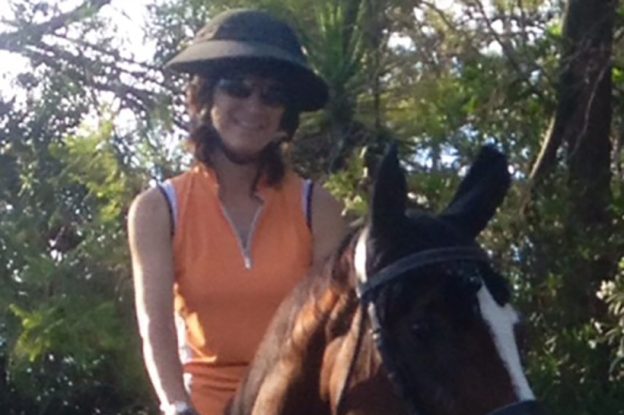
5 questions for … Dr. Shireen Fatemi
Shireen Fatemi, MD, FACE, FACP, is an endocrinologist at the Kaiser Permanente Panorama City Medical Center. She was recently named the 2020 Southern California Permanente Medical Group Physician Researcher of the Year. Dr. Fatemi is the chief of Endocrinology in the Department of Internal Medicine and former assistant area medical director at Panorama City. She is an assistant professor of clinical science at the Kaiser Permanente Bernard J. Tyson School of Medicine and an adjunct clinical professor at Keck School of Medicine at the University of Southern California. Dr. Fatemi’s own research focuses on thyroid disease.
You were recently named physician researcher of the year for SCPMG. How did that feel, and how will you, if at all, use that platform?
It’s a very humbling experience just to be nominated given the number of very talented physicians in our medical group. Being named to receive this award makes me want to do even more work!
What research are you most proud of and why?
I am fortunate that I was able to partner with colleagues at the Keck School of Medicine shortly after finishing my endocrinology fellowship there. They perform the testing for a thyroid cancer tumor marker called thyroglobulin. In Kaiser Permanente we have thousands of patients and years of follow-up with this same assay, which provides the ability to study the long-term outcomes with a specific method of management. My earlier work involved studying the patterns of thyroglobulin in order to decrease the need for other testing and decrease the use of radioactive iodine treatment when it was not needed. The practice years ago was to give it to everyone, instead of on a case-by-case basis. The challenge was that the case-by-case basis was not initially accepted in our thyroidology community, but a practice that our medical group did and found to be safe and more effective for managing the patients.
What research are you working on now and why is it important?
I am focusing at this time on a more esoteric area comparing thyroglobulin tests and how the various methods and factors affect the clinical use of thyroglobulin and antibodies to this measurement as tumor markers for differentiated thyroid cancer. It is important to have a good test to determine cancer status so that timely intervention can be done and so reoccurrence of disease is not overlooked.
How have you overcome the challenge of conducting research while working as a full-time physician?
I think when you are doing something you really have a passion for you somehow find the time. It adds variety and makes the everyday work more interesting – and makes one a better physician as you think more critically just because you are involved in research activities. I weave the research work in a little at a time routinely during the week when I have a free moment – or sometimes do the work in the early hours of the day.
When you are not at work, how do you enjoy spending your free time?
I have spent my education half-day for about 25 years at USC teaching fellows, house staff, and medical students – something that I do not consider work and really enjoy! My activities with friends and family keep me sane – hiking, bicycling, jogging, and more frequently riding my horse in the park to relax after work. I have been on the Board of Trustees for Mount St. Mary’s University for the past 12 years. I have enjoyed being involved in the community and helping make possible a university experience for many young women who are the first in their family to attend college.





